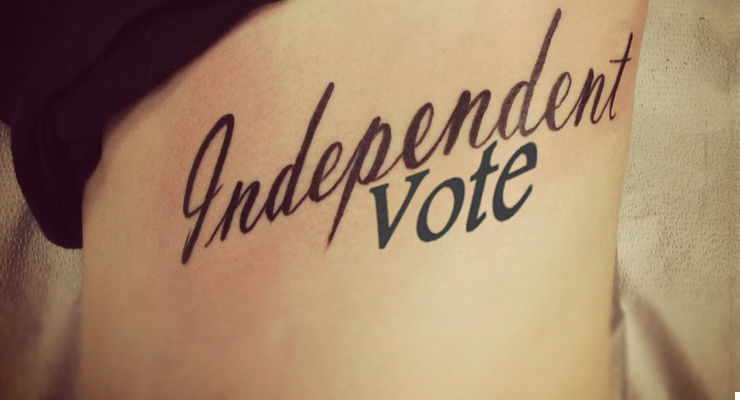
From Alternet:
The debate over online voting—whether an electronic ballot can be sufficiently trusted—is heading into a higher orbit in Denver. City election officials will open their pilot of the nation’s most advanced smartphone mobile voting app that several hundred overseas residents will use in May’s elections to independent examination by observers.
“We wanted and we asked Voatz [the app maker] to develop a means by which outside observers can conduct their own audits independently of the election conducted through the blockchain,” said Jocelyn Bucaro, Denver deputy director of elections.
The blockchain is a way to secure data by putting encrypted, unchangeable pieces of a file, in this case an electronic ballot marked by a smartphone, on computers in different locations that later will be reassembled, printed and counted with other ballots
Read full article here. Even though the technology may be impressive, regular Democracy Chronicles readers might be sceptical. Using voting machines in any way is questionable in regard to security and can have a negative impact in voter confidence in election outcomes. Paper ballots are just more secure by nature and all computers have vulnerabilities.
One interesting new look at the changes underway comes from Phil Goldstein at StateTech Magazine who recently published an article about how blockchain technology is working its way into America, finding a role in several different aspects of election administration and beyond. From the article:
Blockchain technology, in and of itself, cannot replace legacy systems for databases, record keeping or transaction management, but it can enhance such systems, experts say. Blockchain voting is also getting more attention, though cybersecurity experts are skeptical about it and it has not been tried in the United States on a large scale yet.
Most state government officials are still in a wait-and-see mode about the technology, though blockchain use cases continue to proliferate. According to a 2017 National Association of State CIOs report, 63 percent of those surveyed were still investigating blockchain in state government with informal discussions, 26 percent said there were no discussions of blockchain at that time and 5 percent had adopted blockchain technology in support of some state government services.
Be sure to also check out the Democracy Chronicles Election Technology section and our articles on Technology Dissidents, the Internet and Democracy or Voting Machines.
Leave a Reply